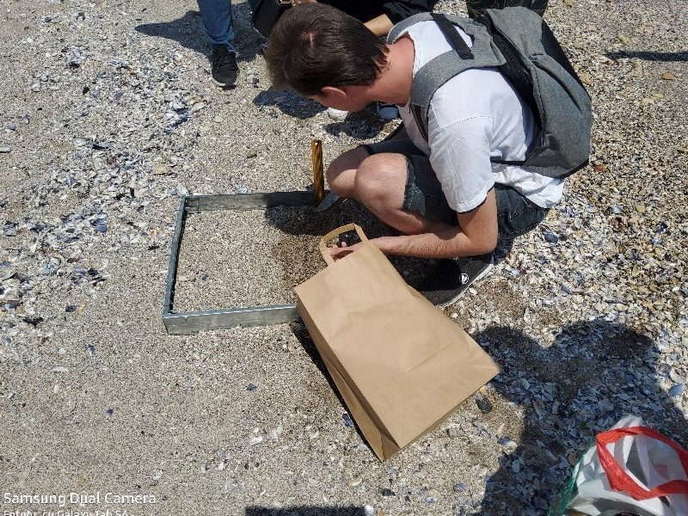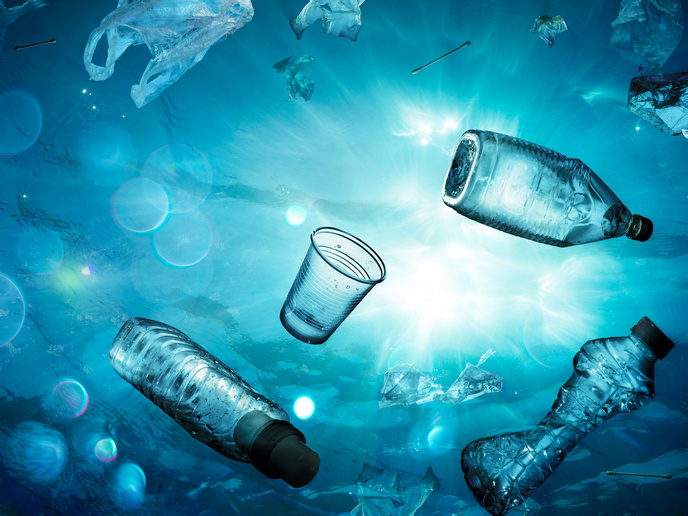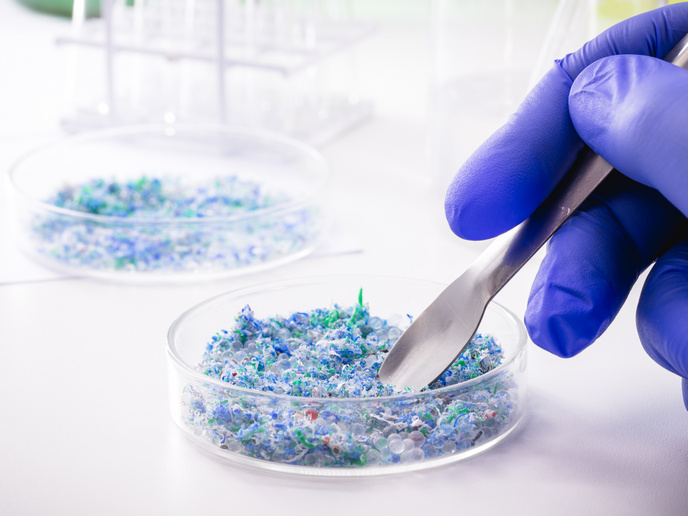Evaluating analytical methods to support a pollution-free tomorrow
Plastic pollution is a significant environmental issue caused by the accumulation of plastic litter in various ecosystems, notably the ocean and rivers. This stems from the widespread use of single-use plastics, inadequate waste management and recycling infrastructure, or simply accidental loss of plastic materials to the environment. The repercussions of plastic pollution resonate deeply within ecosystems. Marine life suffers immensely from plastic pollution, often mistaking plastic debris for food or becoming entangled in it, causing injury or death. In addition, plastic breaks down into smaller particles called microplastics as a result of weathering and degradation processes. These microplastics may infiltrate the food chain, threatening the health of terrestrial, freshwater, and marine life.
Setting the basis for an EU plastics strategy
To monitor plastic pollution, there is an urgent need for comprehensive strategies. However, efforts are fragmented which leads to a lack of harmonised methods and inefficient evidence on plastic pollution across different regions. The EU-funded EUROqCHARM(opens in new window) project emerged as a pivotal initiative to tackle plastic pollution. With a focus on establishing harmonised analytical methods, the project aimed to support pollution monitoring and risk assessment programmes, and enhance waste management through optimised strategies. “Our key objective was to assess the technical readiness of the methods necessary for monitoring plastic pollution in the EU, in support of an EU plastics strategy,” outlines project coordinator Bert van Bavel.
Standardising protocols in plastic waste analysis
EUROqCHARM brought together stakeholders including policymakers, monitoring bodies, researchers and regulatory entities. The project concentrated on harmonising protocols for various stages of plastic pollution monitoring – from sample collection and handling to analysis and data management. Microplastics in water are analysed either by counting particles by spectroscopic identification of the different polymers or by weight using mass spectroscopy. Both methods require extensive sample pre-treatment by filtration, density separation or digestion of biological material to avoid potential interference. Addressing the complexities arising from diverse polymer types and particle dispersion, EUROqCHARM has developed benchmark reference materials essential for global comparison. These materials ensure consistency and accuracy in microplastic analysis and were validated through international inter-laboratory comparisons involving nearly 100 laboratories worldwide. This was undertaken in close collaboration with the NORMAN network(opens in new window) and QUASIMEME(opens in new window). This study also facilitated the collaboration and comparison of methodologies used in different regions and laboratories.
Global inclusivity
“We wanted to ensure that the validated methods and harmonised protocols for assessing plastic contamination were accessible to countries which have logistical, financial or ethical constraints,” highlights van Bavel. This inclusivity underscores the project's commitment to global collaboration and unified efforts in combating plastic pollution. Employing reproducible analytical pipelines, EUROqCHARM identified methods of a sufficiently high technical readiness level, ready to be implemented effectively.
Shaping future environmental protection policies
Overall, EUROqCHARM has contributed to advancing global efforts against plastic pollution. The project's expertise has contributed significantly to the development of directives, such as the Marine Strategy Framework Directive(opens in new window). By validating methods, creating reference materials, and advocating for harmonised protocols, the project has laid the groundwork for consistent, accurate and inclusive strategies in combating plastic pollution. Its comprehensive approach particularly addresses regions with limited data, such as the Black Sea area, paving the way for a plastic-free future.







